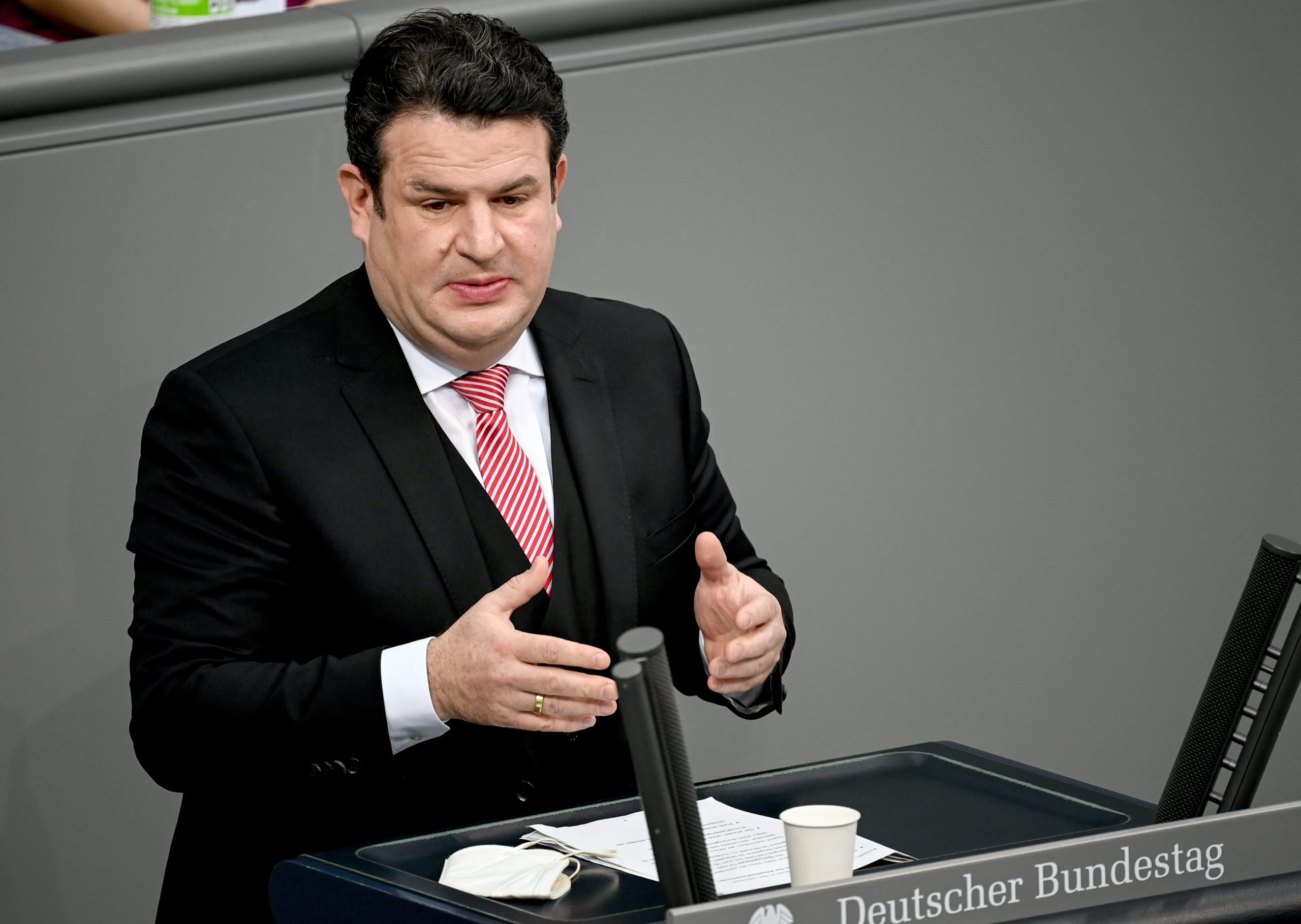Twenty-three people from 13 firms are being investigated in connection with the tax evasion and money laundering scheme, which netted at least €13 million, prosecutors said. Four people have already been arrested.
Since the beginning of last year, the ring had been buying up mobile phones overseas, in particular Apple’s latest iPhone. They then recouped sales tax in Germany even though it had not been paid in the countries where the phones had been purchased.
They then resold the phones via a complex chain of intermediary firms in order to make it difficult to trace whether tax had actually been paid. According to investigators, the companies had filed no sales tax declaration when they bought the phones.
“The mobile phones were apparently resold through a chain of intermediary companies,” the prosecutors said.
The final link in the chain, a German firm, retrieved the regular sales tax from the fiscal authorities in Germany.
Across the country, 147 offices and homes had been raided early this week, prosecutors said. Arrest warrants had been issued for four suspects from Frankfurt, Mörfelden-Walldorf in Hesse and Kaufbeuren in Bavaria.
DAPD/DPA/djw




 Please whitelist us to continue reading.
Please whitelist us to continue reading.
Member comments